In an era where technology drives business success, ERP (Enterprise Resource Planning) systems have become very important and necessary for businesses. ERP systems are the key to running businesses smoothly and helping in better decision-making. As businesses in Pakistan grow and change, ERP technologies are also advancing. To stay competitive, it’s important to understand the future trends in ERP systems and how they can improve your business.
Let’s explore the key trends shaping the future of ERP systems and why they matter to businesses in Pakistan.
1. Cloud-Based ERP: The Game Changer
One of the most impactful future trends in ERP systems is the shift toward cloud-based solutions. Cloud ERP offers:
- Anywhere Access: Employees can access the system anytime, anywhere.
- Cost Savings: Reduced need for hardware and maintenance.
- Scalability: Easily adapt as your business grows.
So for Pakistani businesses where cost, factor, and scalability are important, cloud based ERP solutions is the best option. It also supports both remote work and eCommerce, both of which are growing in the country.
2. Artificial Intelligence and Machine Learning Integration
AI and machine learning are revolutionizing how ERP systems function. By integrating AI, ERP systems can:
- Automate repetitive tasks, saving time and resources.
- Provide predictive insights for better decision-making.
- Detecting anomalies and improving accuracy.
Suppose a textile company is in Pakistan and utilizing an AI-based ERP for forecasting fabric demand in the summertime or a retail chain applying automation in the inventory section. These future trends in ERP systems underline efficiency and intelligence in every industry of the future.
3. Mobile-First ERP Solutions
As more people in Pakistan use mobile phones, mobile ERP solutions have become very important. They help employees to:
- Approve workflows on the go.
- Access real-time data through their smartphones.
- Stay productive no matter where they are.
Mobile ERP keeps businesses connected, fast, and efficient, making it a key part of the future of ERP systems in Pakistan.
4. IoT Integration with ERP Systems
The Internet of Things (IoT) is another key driver of ERP innovation. IoT integration allows ERP systems to:
- Monitor inventory levels in real-time.
- Track equipment performance to prevent downtime.
- Optimize supply chain logistics.
For industries like logistics, agriculture, and manufacturing in Pakistan, IoT-enhanced ERP systems can deliver unparalleled efficiency and control.
5. Industry-Specific ERP Solutions
One solution doesn’t work for everyone. The future of ERP systems includes custom solutions made for specific industries like healthcare, retail, and real estate.
- Healthcare ERP: Manages patient records, billing, and inventory.
- Retail ERP: Tracks sales, customer behavior, and inventory.
- Real Estate ERP: Manages projects, budgets, and client communication.
Pakistani businesses adopting industry-specific ERP systems can achieve better results by addressing their unique challenges.
6. Advanced Analytics and Business Intelligence
Data is at the heart of every decision. Modern ERP systems now feature advanced analytics and business intelligence (BI) tools to:
- Identify patterns and trends.
- Forecast future outcomes.
- Provide actionable insights for growth.
For Pakistani businesses aiming to stay competitive, leveraging these tools is essential to maximize the potential of the future trends in ERP systems.
7. Focus on Cybersecurity
Due to high instances of theft and other digital attacks, current ERP systems are designed with emphasis on security. Working functionalities such as encryption, authentications, and updates guarantee business data security.
For Pakistani companies, especially those in the financial and retail sectors, improving the information security of ERP can help to safeguard important information and customer confidence.
8. Sustainability and Green ERP Systems
As sustainability becomes a global priority, ERP systems are integrating tools to track and reduce environmental impact.
- Monitor energy usage.
- Optimize resource allocation.
- Reduce waste in production.
For manufacturers in Pakistan, adopting eco-friendly ERP systems can help meet international standards and attract environmentally conscious clients.
Why These Trends Matter to Pakistani Businesses
The future trends in ERP systems are not just global phenomena.They are highly relevant to the Pakistani market. With industries like textile, agriculture, healthcare, and IT experiencing rapid growth, these advancements can significantly boost productivity and profitability.
Businesses that adopt these technologies early will be better positioned to compete in both local and international markets.
How GENTEC Can Help
At Gentec, we understand the challenges and opportunities unique to businesses in Pakistan. We offer modern ERP solutions designed to align with the latest trends and meet your specific needs. Whether it’s a cloud-based system, AI integration, or industry-specific ERP, we have the expertise to transform your operations.
Contact us today to discover how the future trends in ERP systems can take your business to the next level.







